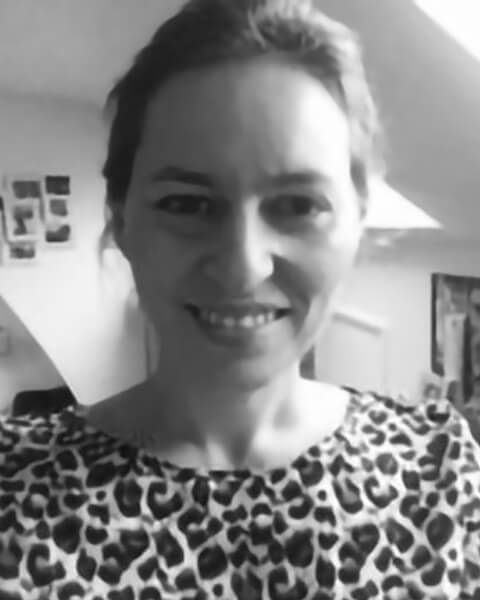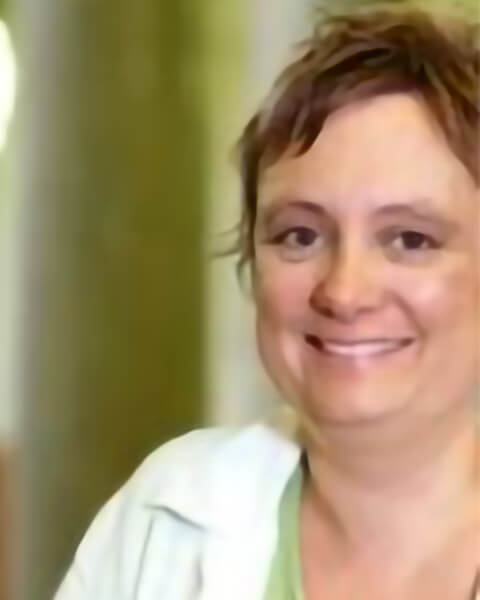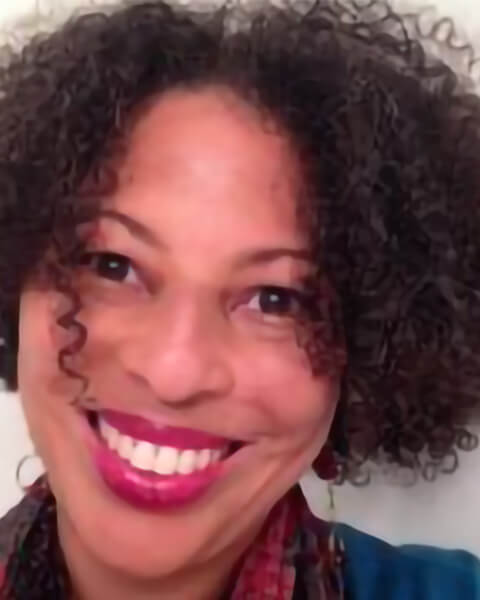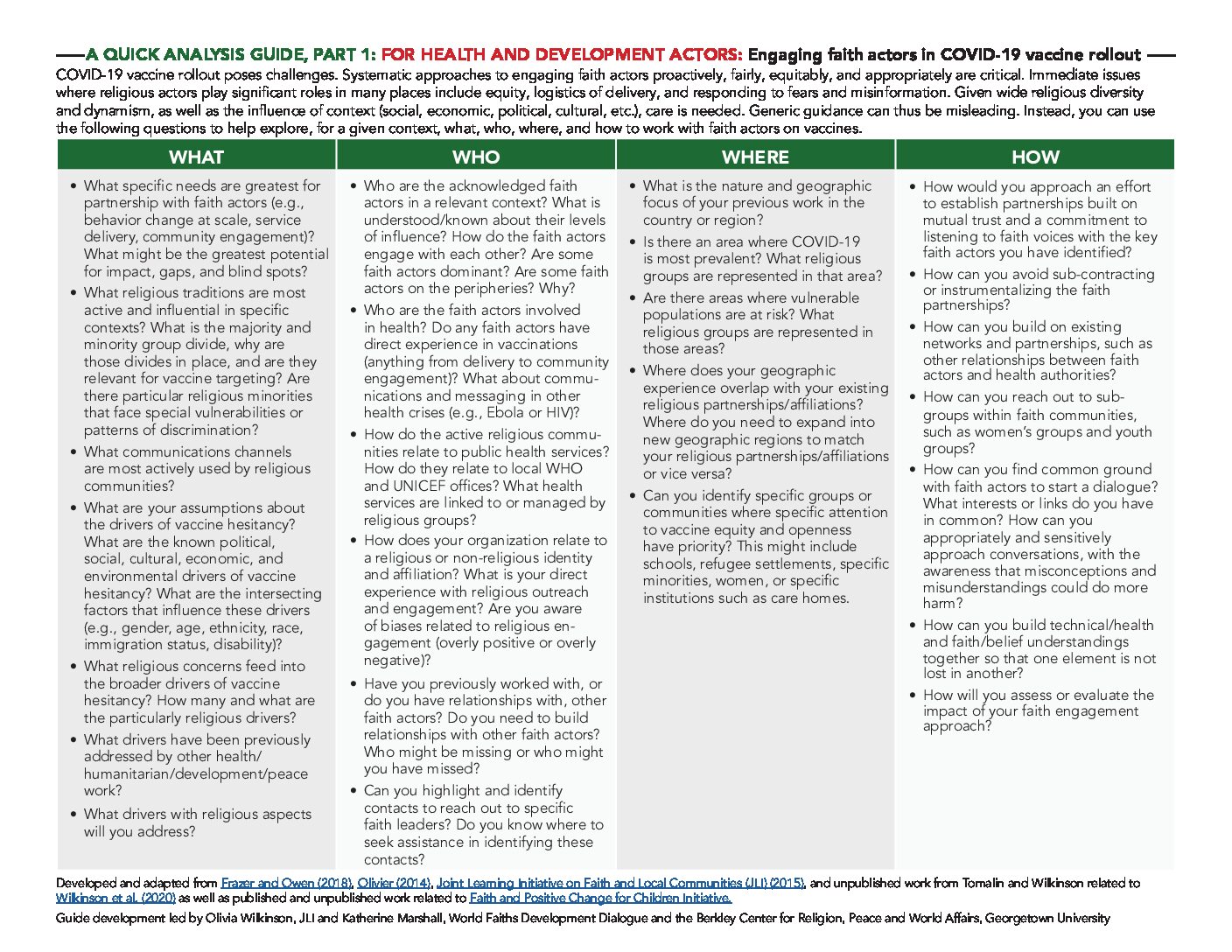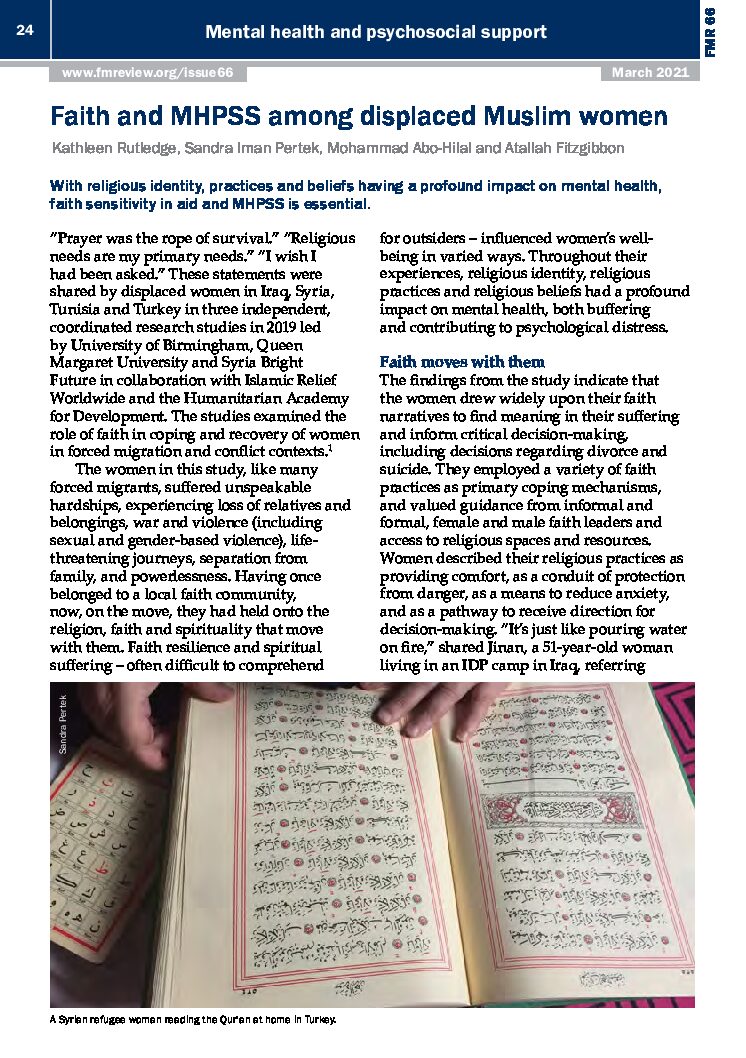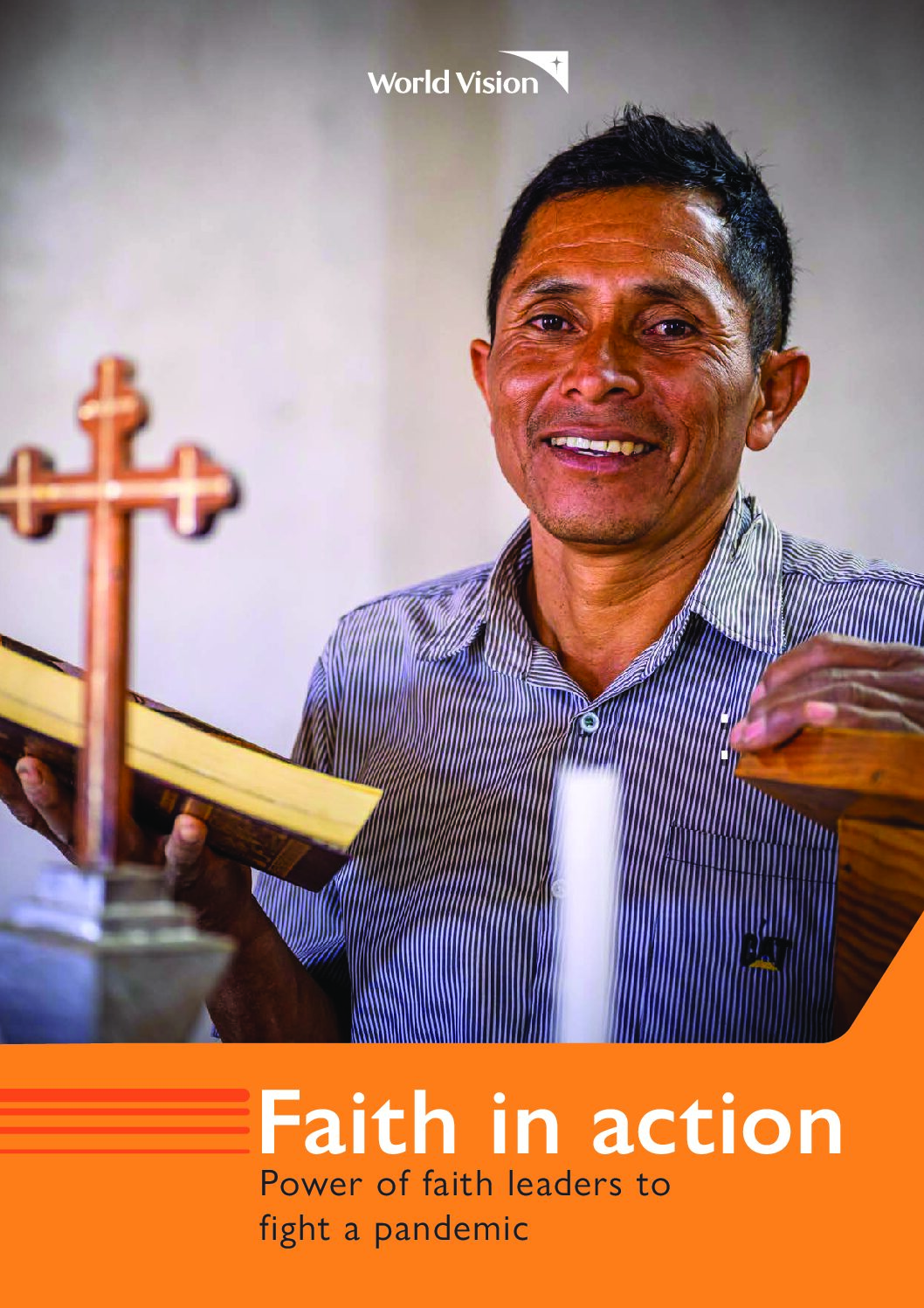What does the JLI AHT-MS Hub do?
The Anti-Human Trafficking and Modern Slavery (AHT-MS) Hub is a learning community that brings together academics, policymakers and practitioners working on the contribution of faith actors to ending human trafficking and modern slavery.
The AHT-MS Hub is a collaborative platform that provides understanding for better practices in the effort to end human trafficking and modern slavery.
- Research: In 2019, the AHT-MS Hub launched a comprehensive scoping study, Faith & Freedom: The Role of Faith Actors in Anti-Modern Slavery and Human Trafficking. The Study explores the programs and initiatives of local faith actors in their response to modern slavery and human trafficking in the Global South.
- Resources: The AHT-MS Hub also gathers and shares resources from Hub members in the Resource Library.
- Events: The AHT-MS Hub holds meetings for members to connect, share learnings and organize activities. The Hub recently hosted a webinar examining how the international anti-trafficking response adapted to COVID-19, sharing the results of a survey conducted in partnership with the International Anti-Human Trafficking Network.
Learn more about the JLI AHT-MS Hub: Informing Better Practices: Shared Learning to End Human Trafficking
Hub Leadership
Anne Gregora | Salvation Army, Programme Advisor for AHT & GBV
Emma Tomalin | University of Leeds, Professor of Religion and Public Life
Christa Foster Crawford, J.D. | Freedom Resource International and Human Rights Law Center, Payap University Faculty of Law
SPOTLIGHT
Join the AHT-MS Hub!
Joining the AHT-MS Hub is free for everyone. As a member of this Hub, you can connect with colleagues around the world to share expertise and build collaborations that improve understanding and practices for faith engagement in ending trafficking and modern slavery. We welcome you to share resources and other learnings with peers.
We hope that members will be seekers and gatherers of knowledge and spur each other on towards informing and improving policy and practice between faith groups, humanitarian, and development communities.


